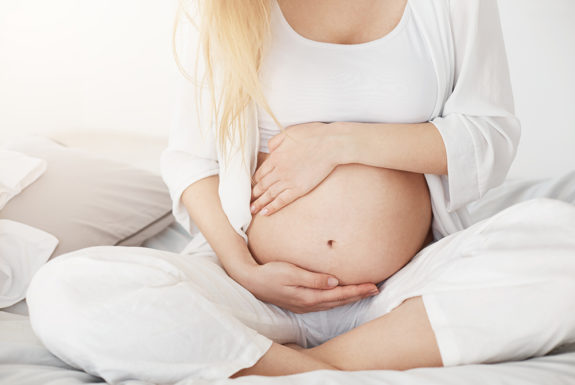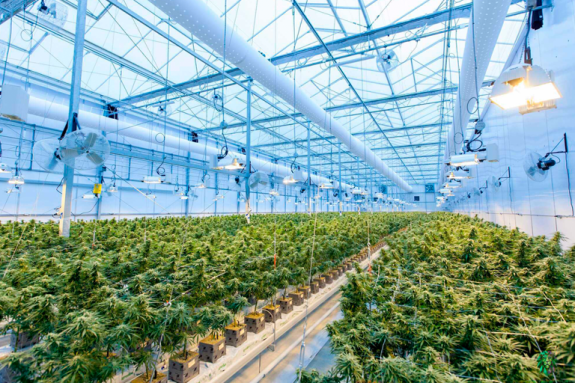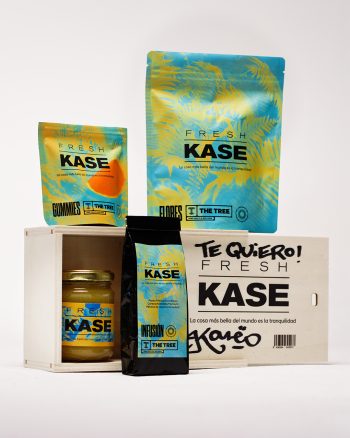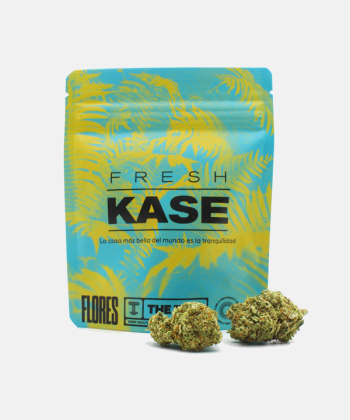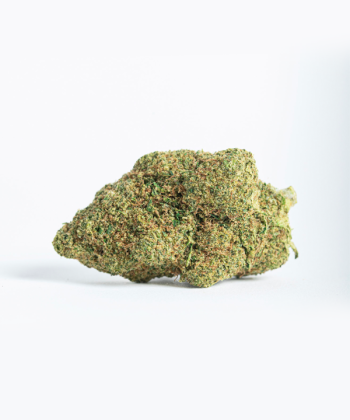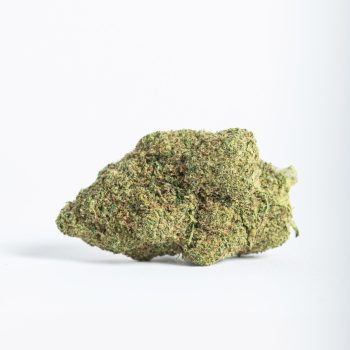In recent years, CBD (cannabidiol) has become increasingly popular due to its many properties. However, questions can arise as to whether it is safe to use in certain situations such as pregnancy and breastfeeding.
It goes without saying that caution and safety are paramount during times such as these, which brings us to the question: “can I take CBD if I’m pregnant?” In this article, we’ll explore several crucial factors to take into account in order to better understand the use of CBD during pregnancy and breastfeeding.
CBD flowers and their derivatives are obtained from cannabis, the same plant species as marijuana, although they don’t have the same psychotropic effects. This is because marijuana plants have large amounts of THC (tetrahydrocannabinol), which is the molecule responsible for their effects and the one most commonly found in their flowers. Although marijuana can also contain CBD, the levels are usually very low.
CBD flowers aren’t produced from marijuana, but from hemp, a type of cannabis that has been used for thousands of years to obtain highly beneficial fabrics, ropes, and seeds, among other things.
Hemp, unlike marijuana, yields very low levels of THC, but very high levels of CBD. In fact, since THC is a drug, there are legal limits set on the maximum amount that can be found in hemp, which is 0.2%. That is to say hemp flowers containing more than this amount are illegal.
As a consequence of this low THC and high CBD content, CBD products don’t have psychotropic or perception altering effects and they possess multiple properties.
As more people discover them and learn how they may help relieve stress, pain, and other ailments, it’s only natural that questions arise about their safety in specific circumstances, such as during pregnancy and breastfeeding.
The possible effects of cannabis and CBD during pregnancy
One of the crucial aspects to consider about the use of CBD during pregnancy or breastfeeding is the possible effects this compound may have on the mother and the foetus or neonate. However, the truth is that this issue lacks research. Despite this, the scientific community is in agreement that potential users should take into account several factors concerning CBD before deciding whether to use it at these times.
- Interaction with the endocannabinoid system: CBD interacts with the body’s endocannabinoid system, which is responsible for regulating a wide range of metabolic functions such as sleep, mood, pain, and the appetite. During pregnancy, this system plays a key role in the development of the foetus and the mother’s health. How CBD might influence this system in a pregnant woman and in foetal development is currently unknown.
- Potential benefits and risks: Some pregnant women turn to CBD to alleviate symptoms such as nausea, which are common during pregnancy¹. However, it’s crucial to weigh these possible benefits against the potential risks. The lack of solid evidence makes it difficult to determine whether the benefits outweigh the potential dangers.
- Exposure to THC: An important aspect to bear in mind is that some CBD products, such as full spectrum ones, contain traces of THC, the psychotropic compound found in marijuana. THC exposure during pregnancy has been associated with possible risks to foetal development, such as lower birth weight². In addition, it has also been found that THC remains in the breast milk of women who consume it during lactation for up to six days³, so its use is not recommended at both stages (pregnancy and breastfeeding). This adds an additional layer of concern when it comes to the use of full spectrum CBD products.
In summary, while CBD has gained recognition for its potential benefits, its safety and efficacy during pregnancy remain areas in which research is still evolving. For this reason, it’s best to be cautious and NOT consume it during pregnancy and breastfeeding.
Lastly, we also remind you that CBD products aren’t intended for the treatment, diagnosis, or curing of any disease. We recommend that you always see a medical specialist on a case-by-case basis and follow his or her recommendations.
References
- Sarrafpour, S., Urits, I., Powell, J., Nguyen, D., Callan, J., Orhurhu, V., … & Yazdi, C. (2020). Considerations and implications of cannabidiol use during pregnancy. Current pain and headache reports, 24, 1-10.
- Howard, D. Scott MD; Dhanraj, David N. MD, MBA; Devaiah, C. Ganga MS; Lambers, Donna S. MD. Cannabis Use Based on Urine Drug Screens in Pregnancy and Its Association With Infant Birth Weight. Journal of Addiction Medicine 13(6):p 436-441, November/December 2019.
- Bertrand, K. A., Hanan, N. J., Honerkamp-Smith, G., Best, B. M., & Chambers, C. D. (2018). Marijuana use by breastfeeding mothers and cannabinoid concentrations in breast milk. Pediatrics, 142(3).

